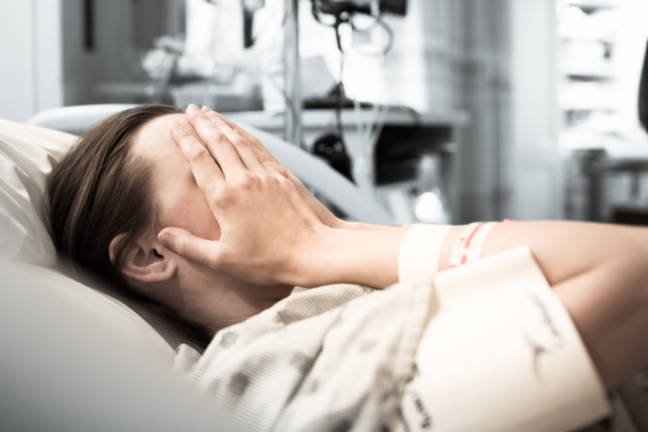
February 12, 2024 at 02:19PM
Some Dutch health insurers were reported to demand breast cancer patients to submit photos of their breasts before reconstructive surgery, despite a government ban. Notably, the insurers have been losing the sensitive images, leading to privacy breaches and patient distress. The Health Minister has intervened, mandating the photos to be taken in the hospital from January 1, 2023.
It seems that there are serious concerns about Dutch health insurers requesting breast cancer patients to submit photos of their breasts before reconstructive surgery. These insurers have been reported to lose these sensitive photos, leading to privacy and security issues for the patients. Additionally, there are claims that the insurers have been denying requests for reconstructive surgeries based on these photos.
The situation has prompted action from the Dutch Health Minister, who has required that these photos be taken in a hospital, with rules coming into effect on January 1, 2023. However, some hospitals have refused to comply, citing concerns about the sensitive nature of the images and potential privacy issues.
Despite these regulations, it appears that some health insurance organizations are still requesting photos directly from patients. Patients have reported being asked to send these images via unsecured email, which raises further privacy and security concerns.
The insurers mentioned in the notes, CZ and VGZ, have provided conflicting statements regarding the request for photos. While CZ denied asking breast cancer patients for photos, they admitted requesting photos if the plastic surgeon doesn’t want to send them. VGZ stated that photos are requested only in the event of a complaint, but there are claims from patients suggesting otherwise.
The Register was unable to reach VGZ for comment, and it’s mentioned that the Health Minister did not immediately respond to questions about potential action.
It’s evident that despite the regulations, there are still issues with the handling of sensitive patient information by these health insurers, and further action or clarification from relevant authorities may be necessary.